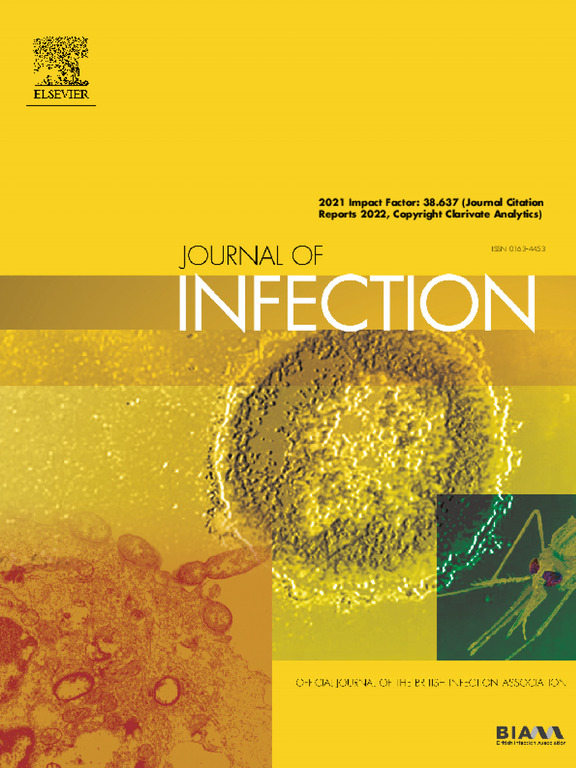Improved pathogen identification in sepsis or septic shock by clinical metagenomic sequencing
IF 11.9
1区 医学
Q1 INFECTIOUS DISEASES
引用次数: 0
Abstract
Objectives
Despite limited sensitivity and specificity, blood cultures (BCs) still represent the gold standard of diagnostic care in septic patients. We aimed to overcome current diagnostic limitations by unbiased next-generation sequencing (NGS) of circulating microbial cell-free DNA (mcfDNA) in plasma samples.
Methods
We performed a prospective, observational, non-interventional, multicenter study (Next GeneSiS-Trial) to compare positivity rates for NGS-based identification of causative pathogens with BCs in patients suffering from sepsis or septic shock. An independent expert panel (n=3) retrospectively evaluated the plausibility of NGS-based findings and the potential for anti-infective treatment adaptations based on NGS results.
Results
The positivity rate of NGS-based diagnostics (NGS+) for 491 septic patients was 70.5% compared to positive BCs (BC+) with 19.4% within the first three days after sepsis onset. NGS+ results were evaluated as plausible in 98.6% of cases by the expert panel. Based on the experts´ recommendations, additional knowledge of NGS-based pathogen findings would have resulted in anti-infective treatment adaptations in 32.6% of all patients. Potentially inadequately treated NGS+/blood culture negative (BC-) patients showed worse outcomes.
Conclusion
The integration of NGS-based pathogen diagnostics in sepsis has the potential to improve patients´ outcomes as compared to a treatment strategy based on standard-of-care microbiological diagnostics alone.
临床宏基因组测序提高脓毒症或感染性休克的病原体鉴定。
目的:尽管敏感性和特异性有限,血培养(bc)仍然是脓毒症患者诊断护理的金标准。我们旨在通过对血浆样本中循环微生物无细胞DNA (mcfDNA)的无偏新一代测序(NGS)来克服目前的诊断局限性。方法:我们进行了一项前瞻性、观察性、非干预性、多中心研究(Next GeneSiS-Trial),比较基于ngs的致病菌鉴定与脓毒症或感染性休克患者中bc的阳性率。一个独立专家小组(n=3)回顾性评估了基于NGS结果的发现的合理性以及基于NGS结果的抗感染治疗适应的潜力。结果:491例脓毒症患者NGS+阳性率为70.5%,而脓毒症发病后3 d内的BC+阳性率为19.4%。专家小组对98.6%的NGS+结果进行了可信评估。根据专家的建议,对基于ngs的病原体发现的更多了解将导致32.6%的患者适应抗感染治疗。可能治疗不当的NGS+/血培养阴性(BC-)患者表现出更差的结果。结论:与仅基于标准护理微生物诊断的治疗策略相比,在败血症中整合基于ngs的病原体诊断有可能改善患者的预后。
本文章由计算机程序翻译,如有差异,请以英文原文为准。
求助全文
约1分钟内获得全文
求助全文
来源期刊

Journal of Infection
医学-传染病学
CiteScore
45.90
自引率
3.20%
发文量
475
审稿时长
16 days
期刊介绍:
The Journal of Infection publishes original papers on all aspects of infection - clinical, microbiological and epidemiological. The Journal seeks to bring together knowledge from all specialties involved in infection research and clinical practice, and present the best work in the ever-changing field of infection.
Each issue brings you Editorials that describe current or controversial topics of interest, high quality Reviews to keep you in touch with the latest developments in specific fields of interest, an Epidemiology section reporting studies in the hospital and the general community, and a lively correspondence section.
 求助内容:
求助内容: 应助结果提醒方式:
应助结果提醒方式:


